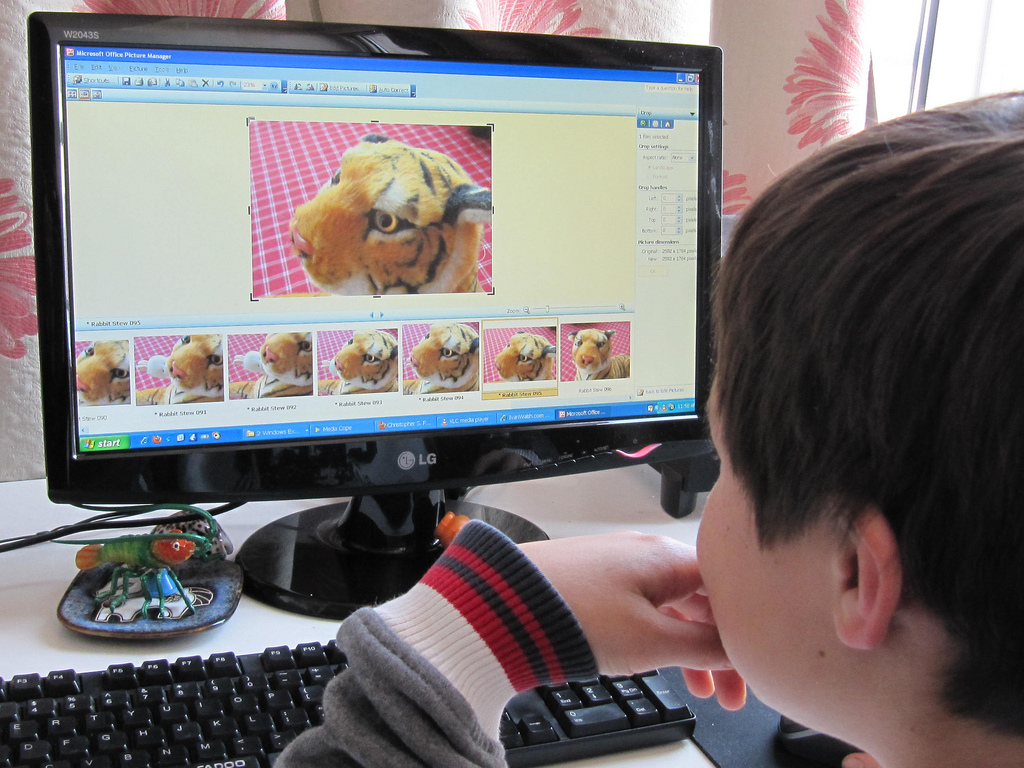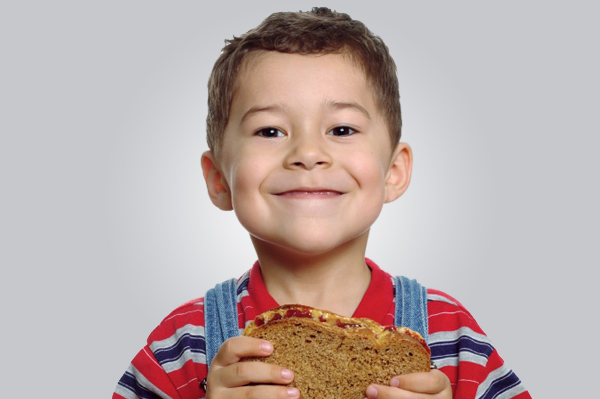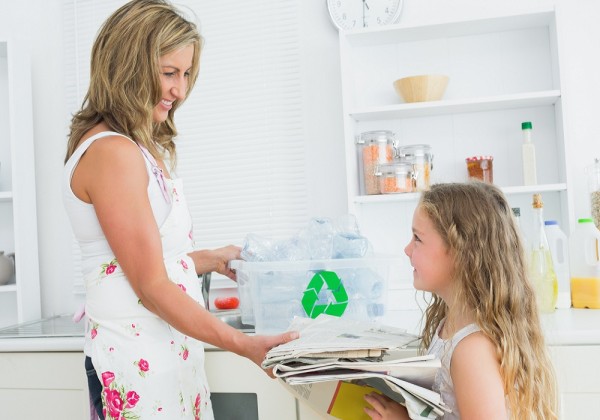 Okay, so you want to go shopping but are dreading going because you will have to take the kids along too. For those that have been shopping at a store with children, you know that it can be a very stressful experience, especially if the children or child is young. If you plan ahead, you might just be okay.
Okay, so you want to go shopping but are dreading going because you will have to take the kids along too. For those that have been shopping at a store with children, you know that it can be a very stressful experience, especially if the children or child is young. If you plan ahead, you might just be okay.
Before you enter the store, you will want to set the rules. Make your rules nice and clear. You can tell them to “Stay close to me” or “No begging for anything”. If you are shopping for someone else, be sure to let your children know, so they don’t expect you to start shopping for them. For instance, if you are buying a toy for a birthday present for another child, let your child know this before you even begin shopping. Ask them to help pick out the gift.
If you’re in a giving mood, agree to buy them a reward for good behavior. You could also reward them by playing a game at home, watching a movie together, a trip to the park, cook one of their favorite meals, etc. If you think that your child might misbehave, this might be something you might want to try. It has been known to work for many moms and dads.
Depending on their age, you might want to pack a snack or treat for your child to eat while you are shopping. Some nutritious snacks might include raisins, nuts, grapes, sliced apples, nuts, granola bar, etc. Bringing a snack might also prevent them from asking for food while you are shopping.
Other ideas of items to bring with you could be a book for your child to look at or read. You could bring their favorite blanket or their favorite toy. A pencil and paper could also entertain them. The idea is not to go empty handed. Be prepared so your shopping trip is successful and you don’t end up turning around and going home.
If your child is hungry before you go shopping, make sure you feed them. This will prevent them from complaining about hunger pangs. If they are tired, have them take a nap beforehand, this will save a ton of stress. The best time to go is when your child has a full tummy and is well rested.
While you are shopping, you can play games with your child to make the trip fun. If you are shopping for food, you can play a game of who sees the bananas first. You can sing songs about what you are buying. You can talk about what is on the packaging. At the end of your shopping trip, let your child help give the checkout clerk the items you are buying. Kids love helping out. Just remember to keep them distracted from the candy isle unless you want to buy them some extra energy.
Image Source: [freedigitalphotos.net]







